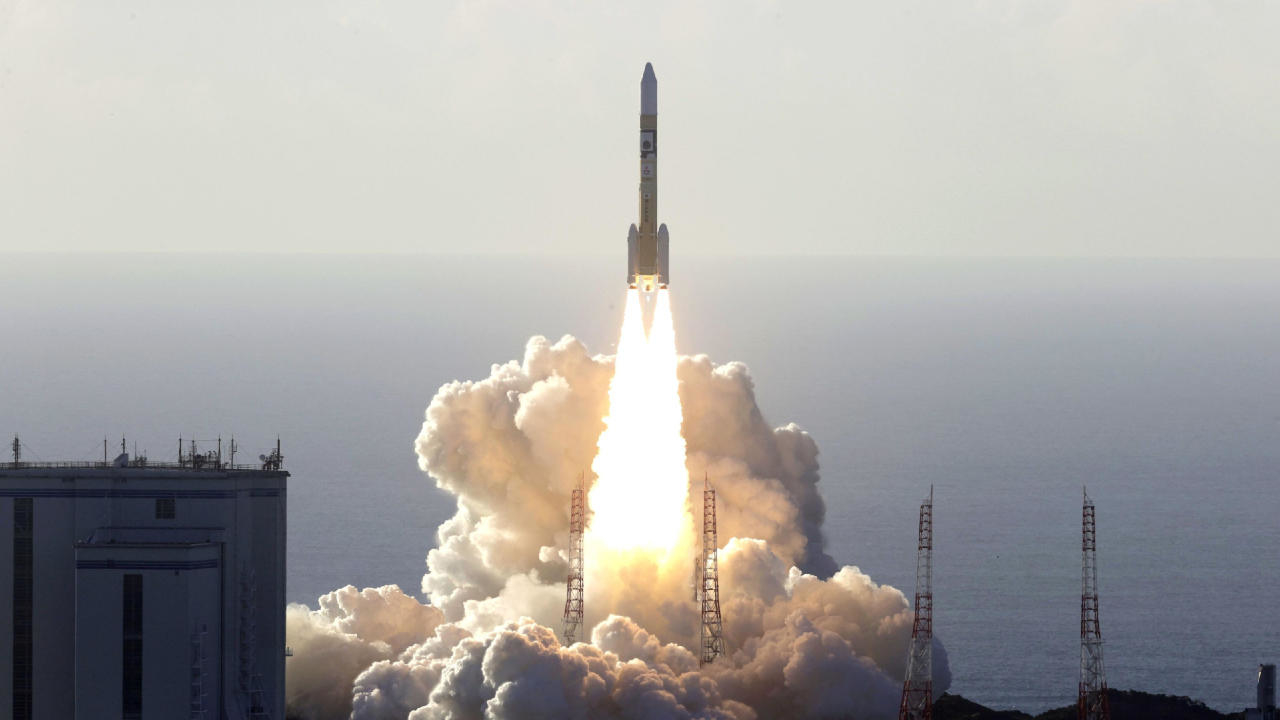United States warns UAE not to assault Yemen port city of Hodeidah


An artillery cannon was recaptured by government-backed militias from the Houthis just outside of Hodeidah (AFP)
The United States has warned its close ally the United Arab Emirates not to launch an assault on Yemen's port city of Hodeidah, which United Nations experts fear could precipitate a new humanitarian crisis, US officials said on Tuesday.
The warning was issued as Emirati-backed Yemeni forces moved within 10 kilometres of the Red Sea port, a lifeline for humanitarian supplies for the country's war-wracked populace. The port is controlled by Yemen's Houthi movement.
US officials met at the White House on Tuesday to discuss the crisis, two sources with knowledge of the meeting said. It was unclear whether any decisions were reached.
A spokesperson for the White House National Security Council said Washington opposed any effort by the Emirates and Yemeni troops it backs to seize the city.
"The United States has been clear and consistent that we will not support actions that destroy key infrastructure or that are likely to exacerbate the dire humanitarian situation that has expanded in this stalemated conflict," said the spokesperson, who was not authorised to speak publicly about the matter and asked not to be named.
READ MORE ►
Yemens Hodeida braces for blitzkrieg as Tareq Saleh seeks prominence
"We expect all parties to abide by the Law of Armed Conflict and avoid targeting civilians or commercial infrastructure," the spokesperson said.
The United States and the Emirates are close economic and security allies, working together against militant groups in Yemen and elsewhere.
Any direct American support to an Emirati ground offensive against Hodeidah would mark a major departure from US policy toward Yemen, which has sought to focus US military activity against al Qaeda-affiliated militants.
The United States also has repeatedly urged the Saudi-led coalition, both under President Donald Trump and his predecessor Barack Obama, to prevent civilian casualties.
Washington critics, however, have said that its refueling of Saudi-led coalition jets, arms sales and intelligence support make it complicit in civilian casualties caused by the coalition.
Tens of thousands of Yemenis have been fleeing Hodeidah as fighting intensifies on frontlines near the Houthi-held western province, Amnesty International said in mid-May, warning that "the worst is yet to come" if the war reaches urban areas.
Forces backed by a Saudi-led military coalition are advancing towards Hodeidah port city, long a key target in the three-year-old war.
UN officials warned that an assault on Hodeidah, which has a population of about 600,000, would cause a humanitarian calamity. A UN contingency plan projects that, in the worst-case scenario of a prolonged siege, tens of thousands could die.
READ MORE ►
Hodeidah fighting forces tens of thousands of Yemenis to flee, says Amnesty
The United Nations puts the number of displaced along Yemen's western coast in recent months at some 100,000 people, most of them from Hodeidah, the second-most populated province, the rights group said.
"The human impact of this fresh military offensive on Yemen's western coastal areas is clear from the distressing stories shared by civilians displaced by the conflict," said Rawya Rageh, Amnesty's senior crisis response adviser.
"It is a glimpse of what potentially lies in store on a wider scale if the fighting encroaches on the densely populated port city of Hodeidah."
Yemeni political sources said on Monday that the UN envoy for Yemen, Martin Griffiths, was in the capital of Sanaa to broker a deal to avert a possible assault on Hodeidah, under which the United Nations would take control of the port.
Hodeidah handles the bulk of Yemen's commercial imports and critically-needed aid supplies. The Western-backed alliance accuses the Houthis of using the port to smuggle in Iranian-made weapons, accusations denied by the group and Tehran.
The renewed push towards the port is taking place amid increased tensions between Saudi Arabia and regional foe Iran, which are locked in a proxy war in Yemen that has killed more than 10,000 people, displaced three million and pushed the impoverished country to the verge of starvation.
[contf]
[contfnew]

middle east eye
[contfnewc]
[contfnewc]




